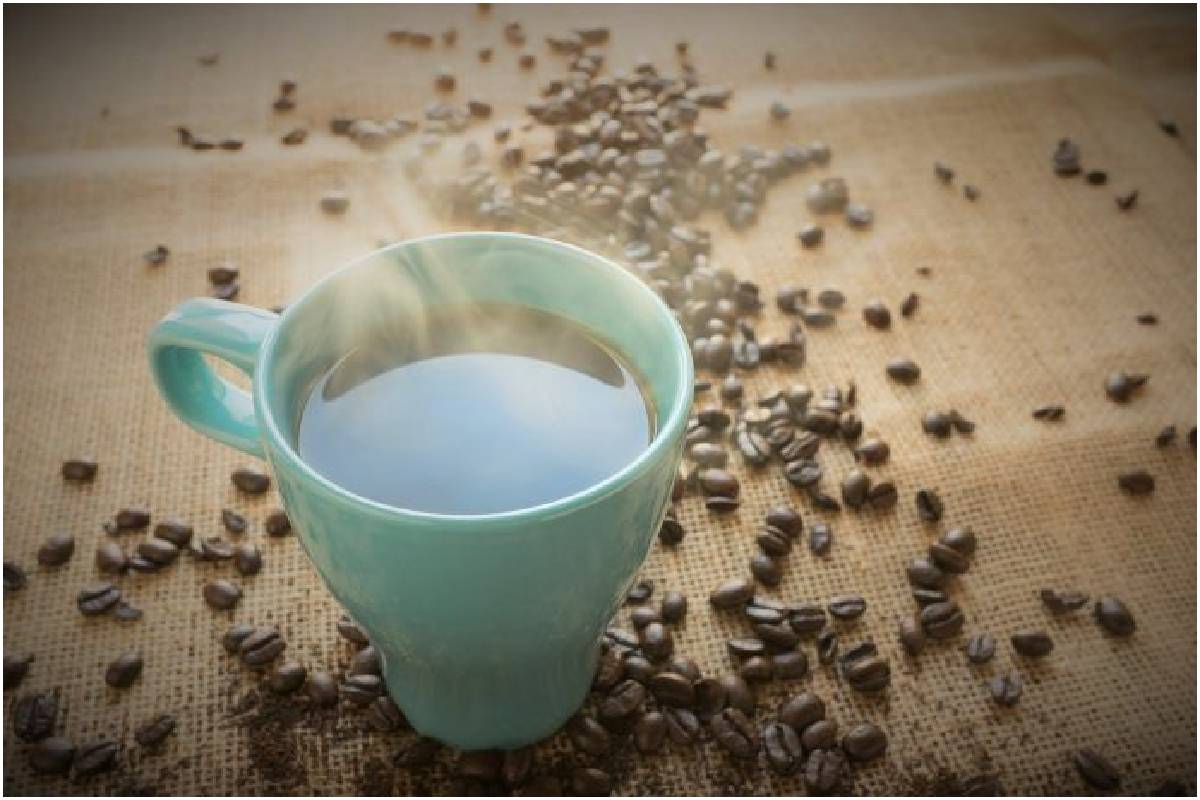Caffeine is one of the majority studied supplements for athletes. According to their scientific evidence, the Australian Sports Institute (AIS), one of the most critical agencies on sport, classifies sports supplements into 4 groups according to their scientific evidence (group A, B, C, and D). Caffeine can be found in Group A. This group only includes products that improve athletic performance. Therefore, we have a great product to use, but, in addition, since 2004 it is no longer on the list of prohibited substances by the WADA (World Anti-Doping Agency). Therefore, its consumption in sport is an option that is generating more and more interest among athletes.
Also Read: Muscle massage gun for a pain-free body
Table of Contents
What benefits does caffeine have on the athlete?
- It improves performance in endurance sports, reducing the perception of fatigue, allowing the activity to be maintained at a higher intensity for a more extended period.
- Caffeine stimulates the central nervous system.
- It also increases alertness, concentration, reaction time, and memory.
- Increases the mobilization and use of fats during exercise, delaying the emptying of glycogen stores (glucose stores in our body). I have to say that this effect is brief and irregular; not all athletes respond in the same way. Therefore, more studies would be necessary in this regard to reach a more solid conclusion.
In what sports could we use caffeine?
- Endurance sports of more than 60 minutes.
- High-intensity sports between 1-60 minutes.
- Intermittent activity sports
Where can we find caffeine?

One of the most important sources of caffeine that we can find naturally is coffee, but it is not the only one. Tea, cola, guarana, mate, or chocolate also contain significant amounts of it. In addition, other products contain caffeine on the market, such as energy drinks, gelatins, or capsules. The table shows the caffeine content of the just mentioned foods and beverages:
| Product | Caffeine content, mg / cup |
| Instant coffee | 60 mg |
| Express | 45-100 mg |
| Coffee maker / filter | 60-120 mg |
| Tea / green tea | 40 mg |
| Energy drinks | 100 mg |
| Cola drink | 40 mg |
| Energy gelatin (1 container) | 25 mg |
| Dark chocolate (50g) | 40 mg |
| Milk with cocoa (50g) | 12 mg |
How much caffeine is necessary to affect?
The effective dose is between 3-6 mg/kg of body weight, although, from experience, I recommend using amounts closer to 3 mg. Therefore, for a 70 kg person, this would mean 210 mg, the equivalent of 2 -3 cups of coffee or 2 energy drinks with caffeine.
The dose of 4 mg/kg of body weight will help us reduce the perception of effort. The dose of more than 9 mg/kg of body weight will present unwanted gastrointestinal, cardiovascular, insomnia, etc.
When does the effect of caffeine appear?
The onset of the effect of caffeine usually appears around 30min-1h after consuming it. Since the individual response can vary, you have to experiment during training to find the protocol that best suits each person.
It can be taken before exercise or during. It is usually consumed before exercise for those sports of intermittent or high-intensity activity (1-60 minutes). During, for those endurance sports in which you can detect, through training, when fatigue may appear, constantly calculating the time it will take to take effect.
Does caffeine have any side effects?
The effects of caffeine will depend on your dose and personal tolerance. In low-moderate doses, it produces positive results, but it can have adverse effects in high doses. It can raise your heart rate, impair coordination and technique, and cause anxiety or overstimulation, tremors, and insomnia. There are people more sensitive to caffeine than others. If you are sensitive, you better avoid it.
Also Read: How to start a fitness life? Start your way to a healthy life

